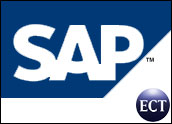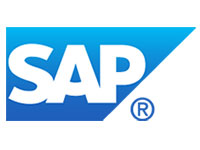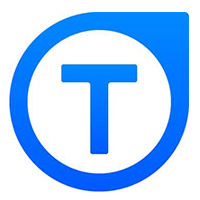
SAP is redoubling its efforts to grow its piece of the mid-market enterprise suite space by introducing 39 new industry and micro-vertical versions of its mySAP All-in-One application.
These new apps have been developed by SAP partners around the globe in such industries as biotechnology, plant construction, transportation services, project management, pharmaceuticals, aviation, trucking and warehousing, sea transport, chemicals, textiles, publishing and fashion retailing. Micro-verticals include applications for consumer food products, grocery retailing, construction components, automotive dealerships, steel products and diamond trade and promotion.
Besides the new verticals, the All-in-One applications also offer new tools for easier configuration and faster deployment, Scott Lutz, vice president of global SME marketing for SAP, told CRM Buyer. Other tweaks to the systems make it easier for partners and resellers to develop and document best practices as they build out additional vertical applications.
Low TCO Still Unproven
SAP, of course, dominates the enterprise level. Over the last five years, it has also targeted the small business space with its introduction of All-in-One in 2001 and its acquisition of Business One in 2002.
All-in-One is aimed at the mid-market space, Lutz said, occupied by firms with revenues of US$100 million to $1.5 billion, give or take, depending on the country, according to SAP’s definition.
Unlike its enterprise offerings, SAP’s mid- and small-market applications are battling several headwinds. For starters, some believe the company’s price points are too high for the constituencies they target. Also, the on-premise enterprise suite market is very fragmented, with a large number of very small ERP vendors still in operation, making it difficult for any one company to gain serious share.
Also, the on-premise, All-in-One suite application is not yet proven when it comes to offering a low total cost of ownership — a must in the mid-market — as opposed to its hosted counterparts, which have a well-established TCO business case, Yankee Group analyst Sheryl Kingstone told CRM Buyer. “SAP has had pockets of success in this space, but a lot of it needs to be well documented for further penetration,” she said.
Cultivating Resellers
With this latest flurry of releases, though, SAP appears to be signaling an increase in — or at least a reaffirmation of — its support for partners and resellers, especially as they develop their own in-house versions of All-in-One.
Also, the latest verticals provide a new level of industry-specific functionality. For example, the Pharmsys application from CVSIT Services India lets mid-size pharmaceutical companies manage the manufacturing of bulk drugs, generics and formulations; loan licensing; customer material tracking; planning and costing; and active-ingredient material quantity calculations, according to SAP.
Another example is the Ki4 Medical Devices app, developed by Ki Solutions, which offers features related to FDA compliance, patient device tracking and shelf-life management.
Systech received a high level of attention from SAP as it developed the high-tech manufacturing vertical, which is among the 39 new apps, Co-CEO Gary Gauba told CRM Buyer. SAP was “heavily involved” in certifying the application, he said.
In competing for customer bids, Systech frequently goes up against Oracle and, to a lesser extent, Microsoft, Gauba indicated. Customers that prefer SAP are drawn to the package of software and business integration services, which guarantee implementation within a fixed time frame, he explained.
SAP has partners in Australia, Belgium, China, Denmark, Hungary, Germany, India, Italy, Korea, New Zealand, South Africa, Spain, Sweden, the United Kingdom and the United States.






















































